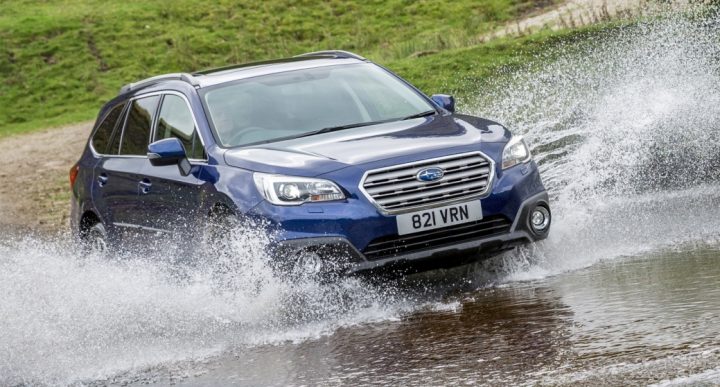Milder temperatures and heavy rainfall, flood warnings across the UK make driving significantly more difficult and, in some instances, hazardous.
With the safety of yourself and your family in mind, the automotive experts at Claims.co.uk have provided their top tips on journeying during heavy rain and what to do if you get involved in an accident.
Top 5 tips to prep your car for driving in wet weather
Plan ahead
Before setting off, ask yourself if the journey is essential; avoiding travelling in the rain is the best way to keep safe during these adverse weather conditions. Plan your trip and check traffic sites for local adverse weather announcements if you need to drive.
Lighting the way
From headlights and brake lights to front and rear fog lights, be sure that every light functions correctly and appears bright. Check them before each journey to ensure good visibility for you and others. In addition, you can ask a friend or family member to drive behind you to check your lights are working correctly.
Check your car’s health.
Ensuring your windscreen wipers are working and the screenwash is full is essential for driving in the rain; as well as rain, mud can also stick to your windscreen and inhibit your vision. Besides, ensure your tyres fit the legal tread depth to account for adverse surface conditions.
Clean your registration plates
Mud can splash up onto your licence plate during heavy rain and flooding, so be sure your registration plates are clean and visible before every journey. Police take a dim view of concealed plates and may issue you a fine if the plate does not comply with the law.
Store a survival pack in the boot of your car
If you become stuck on your journey, having a selection of items in the boot of your car can be critical to your safety. High visibility jackets, a small spade, de-icer, torch, first aid kit, water and snacks, and some warm blankets should help as you await rescue.
Driving in heavy rain
Go slow; your speed should be significantly lower during heavy rain; this can give you more time to react in case of an accident.
Keep your distance; doubling the highway code space between cars can prevent accidents.
Share your journey with friends and family. That way, they know where you are at all times and can assist if you get into difficulty.
Schedule ten extra minutes into your journey time before you leave. This way, you can check your tyres, windscreen wipers, and lights are all in working order.
Watch out for large bodies of water; losing control of your car can cause serious incidents. Likewise, watching out for deep water and fallen leaves can help prevent your car from aquaplaning.


